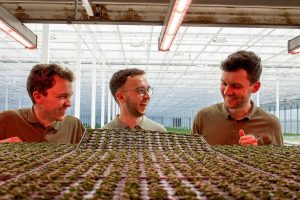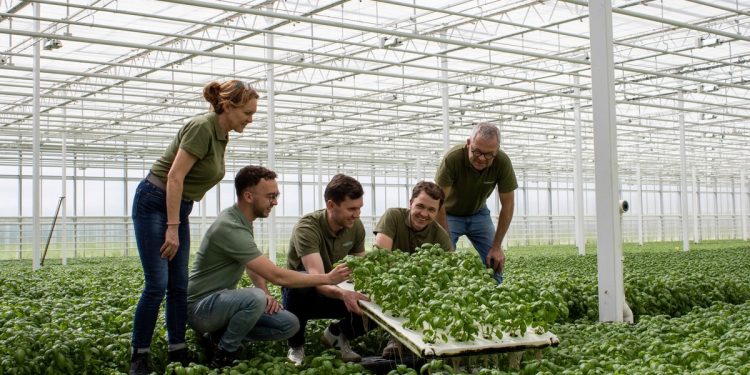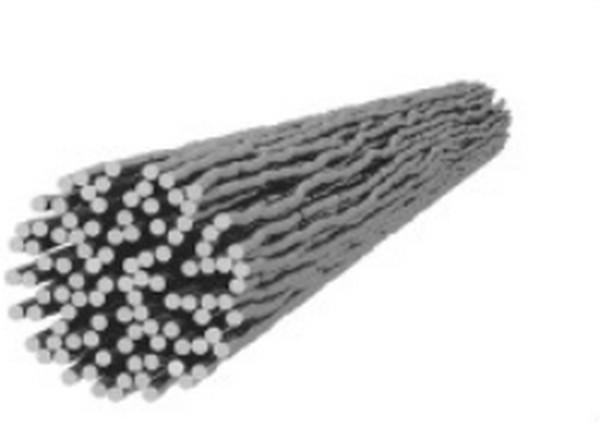De Kruidenaer, a family-run farm in the Netherlands, has made hydroponics the cornerstone of their business, focusing on the year-round production of high-quality basil. The farm, led by Niek Monden and his family, aims to expand their herb cultivation to include four varieties by 2028, driven by the growing preference of Dutch consumers for locally grown products over imports.
Christ and Jacqueline Monden, along with their children Luc, Niek, and Marijn, are committed to maximizing the availability of locally grown herbs throughout the year. Their diverse cultivation includes dill, coriander, curly parsley, mint, tarragon, lemon thyme, and lovage, among others, grown both outdoors and in cold and heated greenhouses. To ensure a consistent supply, they import herbs from Morocco, Spain, and Italy during the winter months. This strategy allows them to provide chervil nearly year-round, with only a short break from mid-December to mid-January.
Maintaining Quality and Meeting Demand
Niek emphasizes the importance of maintaining quality by extending the local growing season. Imported herbs, which can take several days to arrive, often raise concerns about freshness. With consumers and retailers increasingly reluctant to rely on air-freighted produce, De Kruidenaer sees Morocco as its main competitor during the winter months, rather than Kenya.
The farm’s greenhouses and fields begin active cultivation in mid-April, with many herbs already sown by then. This year, they continue with their core assortment, including some specialty herbs. Basil remains their top seller, benefiting from year-round demand driven by the popularity of pesto. De Kruidenaer grows basil in lit, heated greenhouses during winter, ensuring a constant supply.

Strategic Cultivation and Innovation
De Kruidenaer’s approach to mint cultivation illustrates their adaptive strategies. Mint is grown both in tunnels for early harvests and outdoors to meet high summer demand. This dual approach mitigates risks associated with weather and labor shortages. Similarly, rosemary, a robust perennial, is grown in cold greenhouses, ensuring longevity and consistency.
Hydroponics plays a crucial role in their operations. Luc Monden highlights its advantages, such as low water consumption and minimal use of plant protection products. The farm also invests in modernization, including mechanical weeding, to reduce labor dependency. This innovation is vital given the increasing difficulty in finding field laborers.
Challenges and Market Position
Despite their successes, De Kruidenaer faces challenges such as grid congestion, which complicates winter lighting and electrification efforts aimed at reducing gas consumption. However, the farm’s longstanding retail partnerships provide a stable market presence. In May, they began supplying a major food service customer with an exclusive brand featuring sustainable cardboard packaging.










